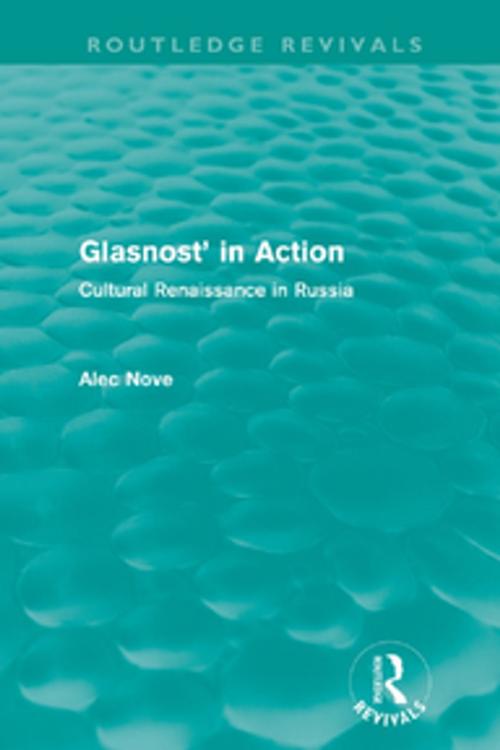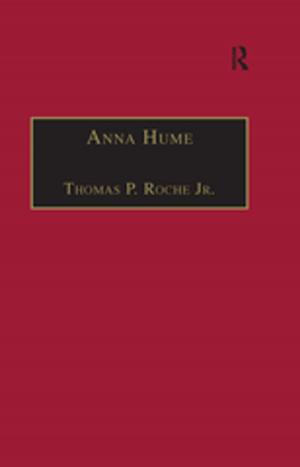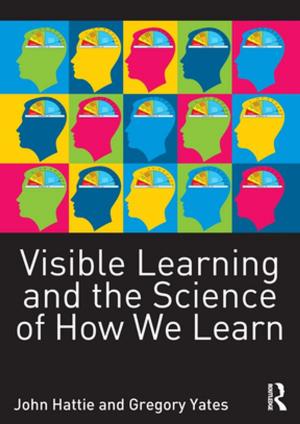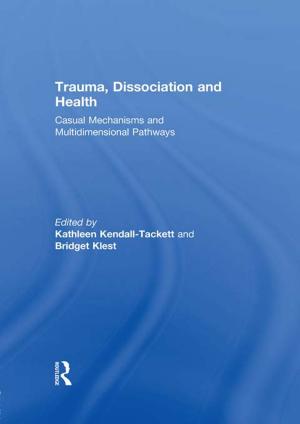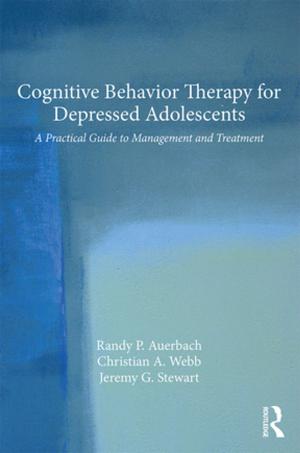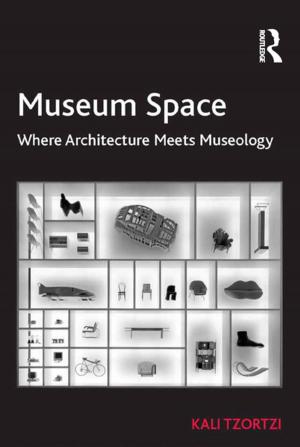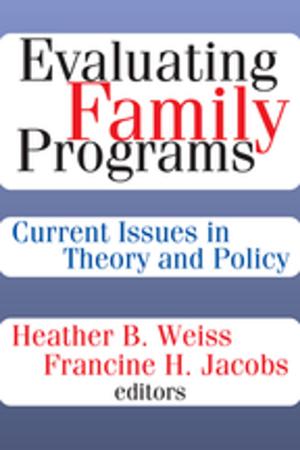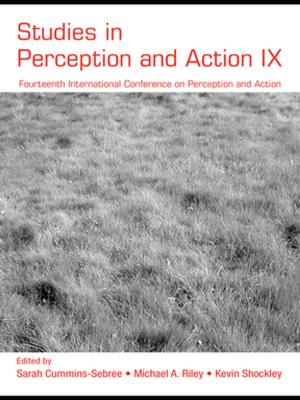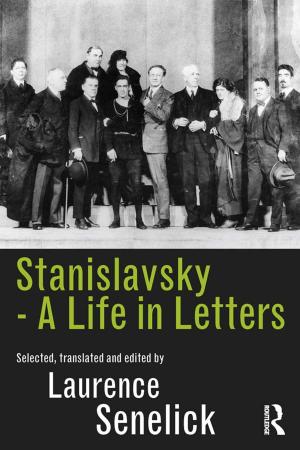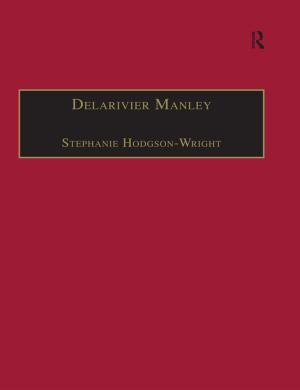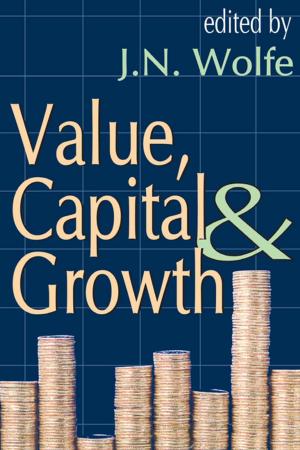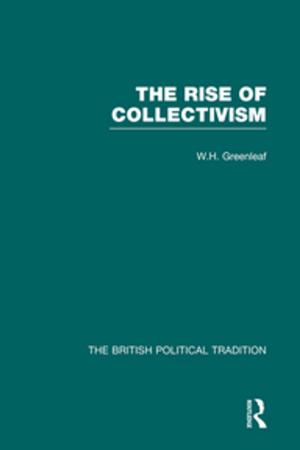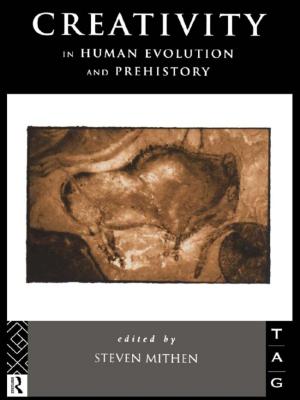Glasnost in Action (Routledge Revivals)
Cultural Renaissance in Russia
Business & Finance, Economics, Economic Conditions, Macroeconomics| Author: | Alec Nove | ISBN: | 9781136629129 |
| Publisher: | Taylor and Francis | Publication: | February 1, 2013 |
| Imprint: | Routledge | Language: | English |
| Author: | Alec Nove |
| ISBN: | 9781136629129 |
| Publisher: | Taylor and Francis |
| Publication: | February 1, 2013 |
| Imprint: | Routledge |
| Language: | English |
First published in 1991, Glasnost in Action: Cultural Renaissance in Russia is a comprehensive portrait of a society in transition as Professor Nove reflects on the changes taking place in the USSR at that time. While in English, Glasnost means ‘openness’, the author questions what ‘openness’ actually means in the USSR. How is Soviet culture – their art, literature, theatre, music and social life – affected by the new freedom of speech and thought that resulted from Glasnost? Was it Gorbachev’s power and charisma that propelled Glasnost or would it build up enough momentum in Soviet society to continue independently? Professor Nove uses examples from each area of Soviet life in his exploration of the new openness, referring to the release of previously banned films, writings, plays and works of art, while reflecting on the newfound honesty about the country’s Stalinist past and the problems faced today.
First published in 1991, Glasnost in Action: Cultural Renaissance in Russia is a comprehensive portrait of a society in transition as Professor Nove reflects on the changes taking place in the USSR at that time. While in English, Glasnost means ‘openness’, the author questions what ‘openness’ actually means in the USSR. How is Soviet culture – their art, literature, theatre, music and social life – affected by the new freedom of speech and thought that resulted from Glasnost? Was it Gorbachev’s power and charisma that propelled Glasnost or would it build up enough momentum in Soviet society to continue independently? Professor Nove uses examples from each area of Soviet life in his exploration of the new openness, referring to the release of previously banned films, writings, plays and works of art, while reflecting on the newfound honesty about the country’s Stalinist past and the problems faced today.
